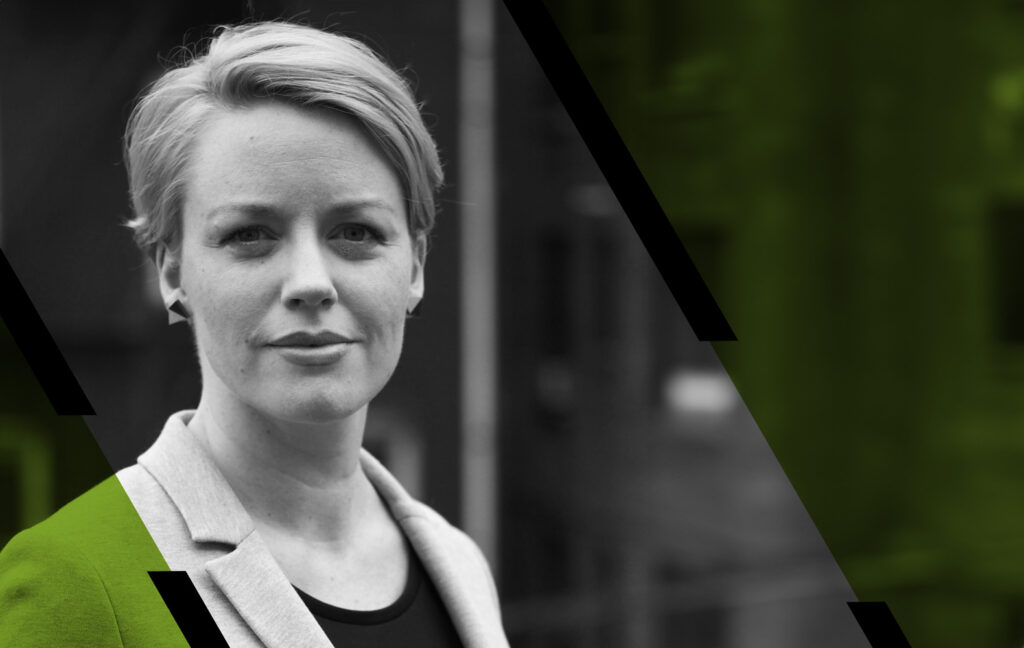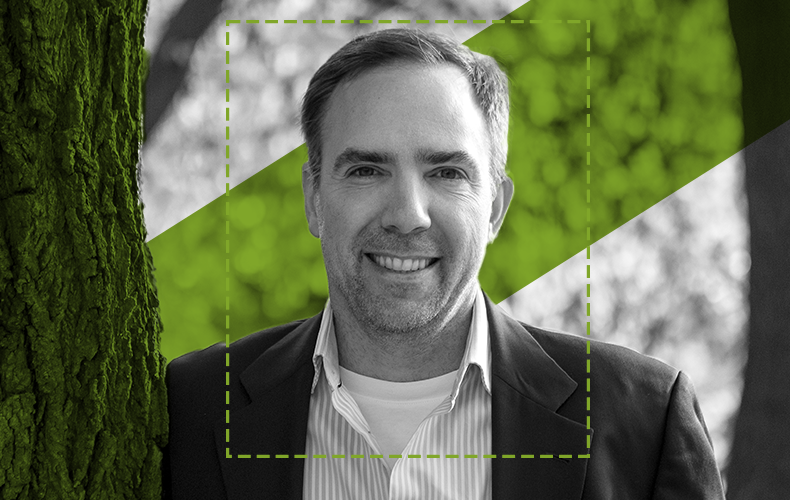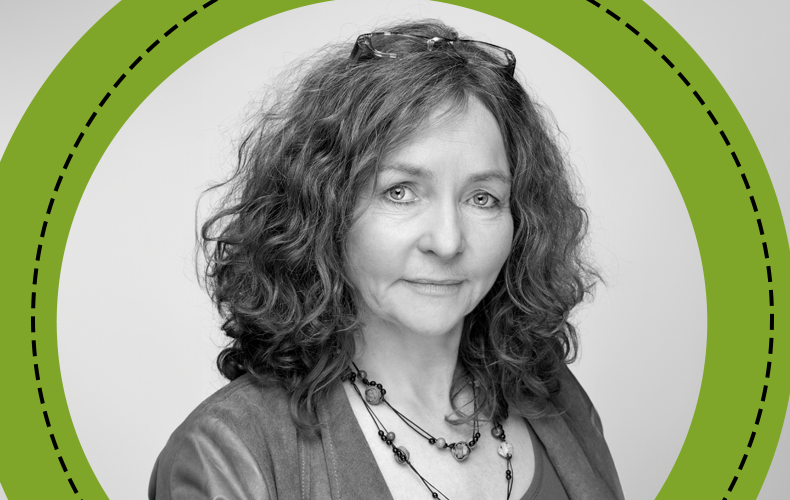11 July 2024 – What makes us different despite our genetic similarities? Where does the diversity of human life come from? What are the biological and genetic underpinnings of disease risk? By generating large population genetics datasets and integrating computational and experimental approaches to analyse them, new EMBO Member Tuuli Lappalainen aims to shine light on how the human genome fundamentally works.
“Our individual genomes are largely the same, yet have small and subtle differences that contribute to the fact we look different or may have different risks of getting certain diseases,” says Lappalainen, who is a professor in genomics at the Royal Institute of Technology, Stockholm, Sweden and a senior associate faculty member at the New York Genome Center. “We are trying to understand how these tiny genetic differences affect our molecular functions in a way that contributes to differences in traits between humans. As well as raising fascinating fundamental questions, understanding these mechanisms can provide important targets for therapeutics.”
Lappalainen has led the development of methods that can be applied at scale to understand human genetic variation. “Science and technologies are advancing at pace, new frontiers are opening up all the time, and sometimes it can be hard for individual researchers to keep up!” she says. “Yet in many respects, we are still just scratching the surface in terms of understanding the human genome: there are huge opportunities to explore cellular and physiological functions of health and disease by analysing population genetics datasets. Here, it is important not only to understand biology, but to involve specialists in chemistry, engineering, computational science, medicine, and many other fields.
“This is one of the reasons I am so excited to become an EMBO Member: EMBO plays an incredible role in bringing people together from different fields with diverse areas of expertise. These kinds of interactions enable new discoveries, exciting science, and will enable me to grow as a research leader. Professors have a dual role of driving scientific discoveries and supporting the next generation of scientists. Perhaps the most rewarding part of my role is being part of the growth of young team members, mentoring them and seeing them develop, whether it’s founding their own groups and companies or doing other brilliant things in the world.”



